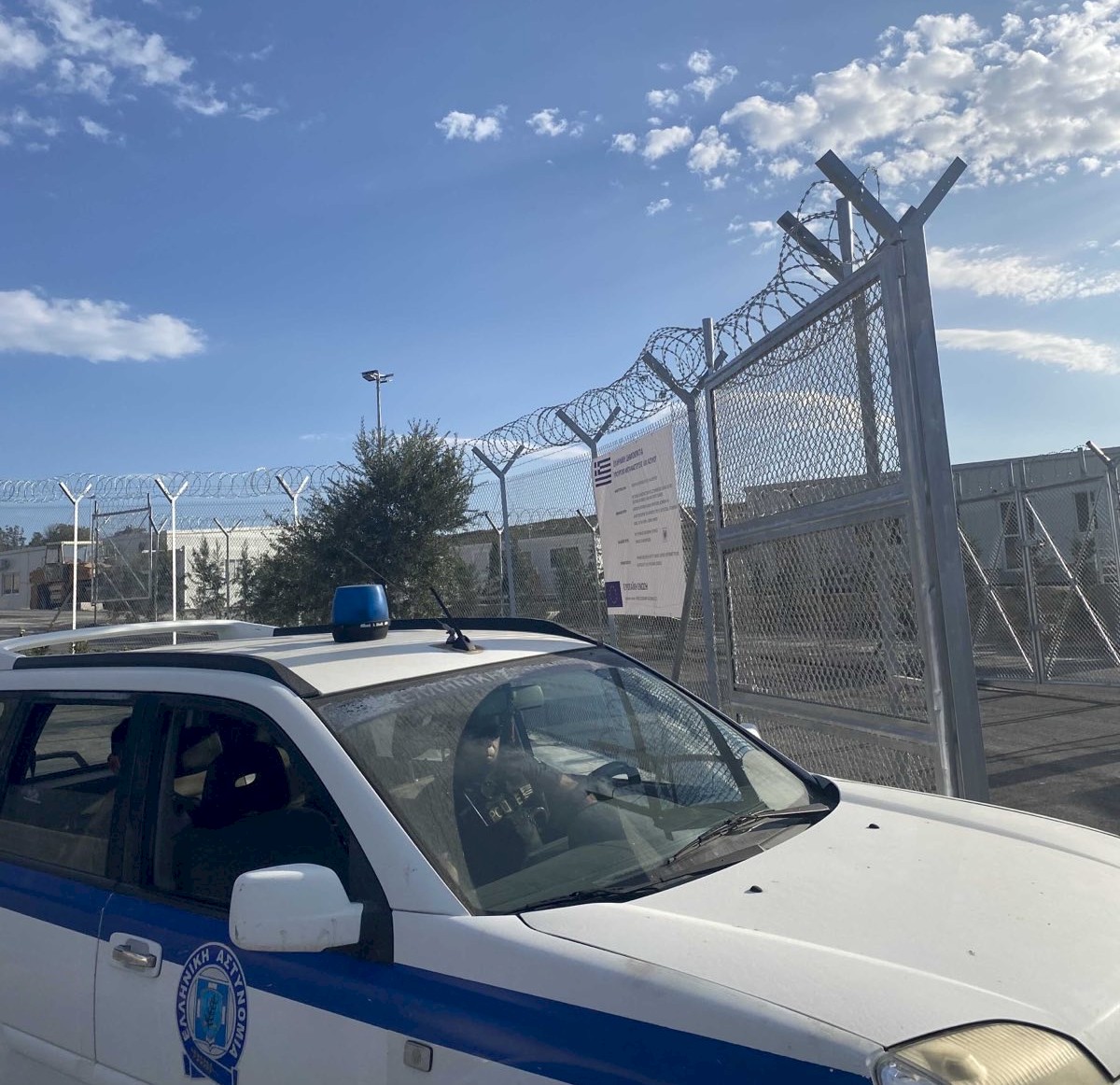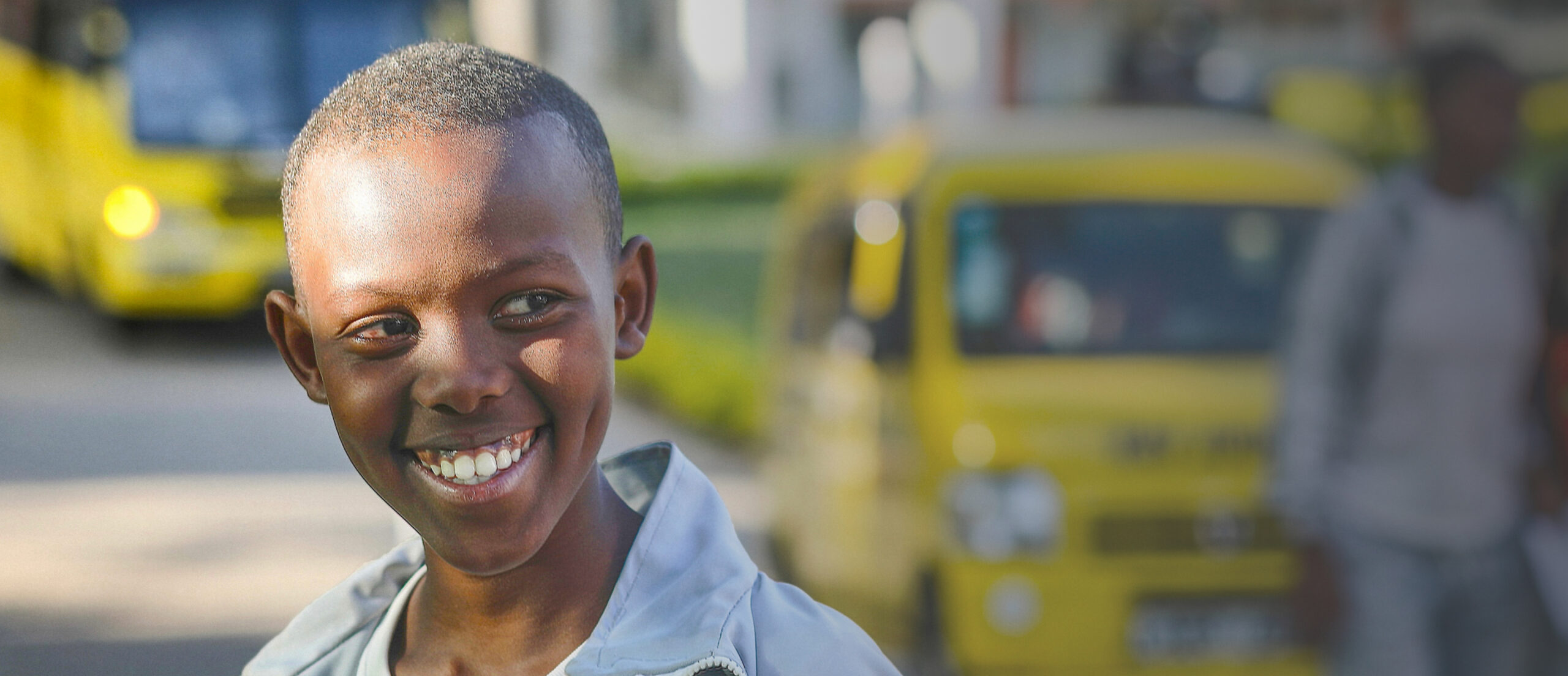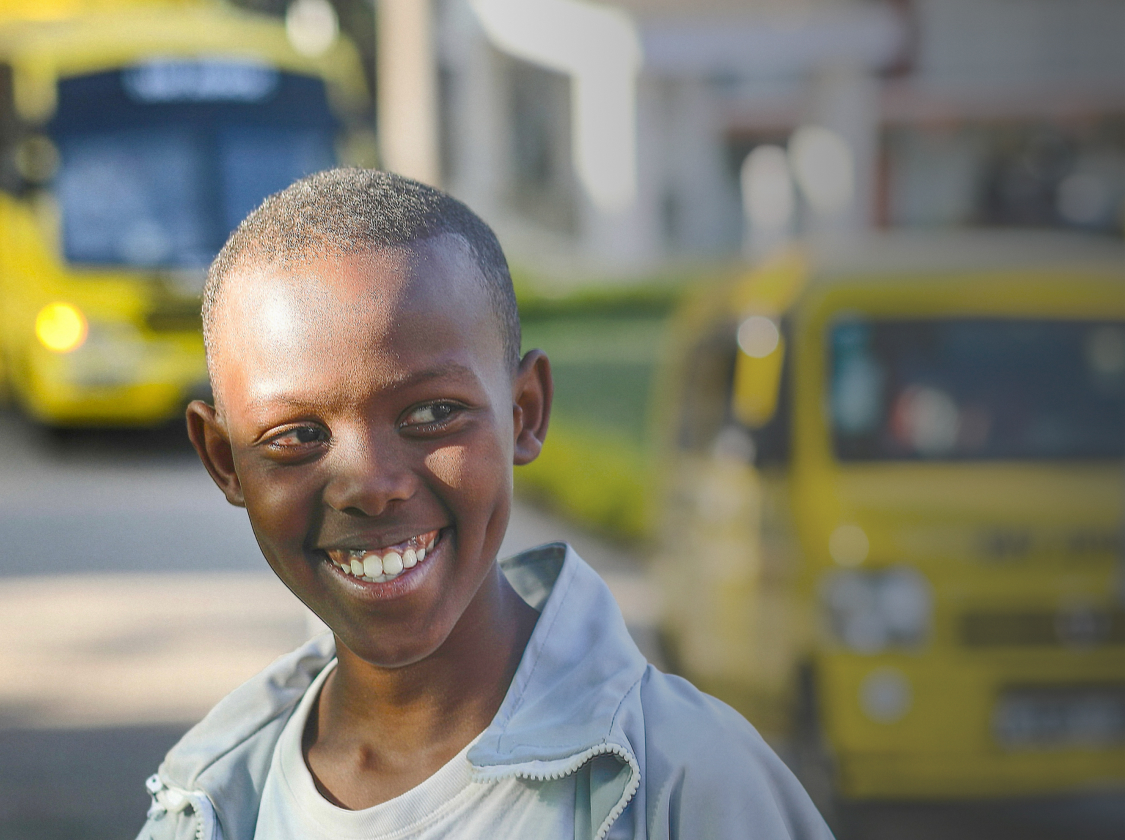The future of “migration management” in the EU was inaugurated last September in Samos. The Closed Controlled Access Center of Zervou set the path for a new model of European reception premises for asylum seekers and migrants that prioritizes isolation and securitization.
Still I Rise’s new report “Growing Behind Barbed-Wire” provides a first insight into the impact that the policy of containment and deterrence has on the mental health of camp residents.
Seven months after the opening of the Closed Controlled Access Center, the promises of restoring dignity for asylum seekers and migrants have been diluted with the loss of independence and freedom of movement and the reduction of essential services in the facilities.
The report includes the own perspectives of minors and alleged minors who have lived in a legal limbo in Samos for more than two years and experienced the transfer to the new camp with a mixture of hope and preoccupation.
Although the previous hotspot in Vathi was not an appropriate place for anybody to live in, the new Closed and Controlled Access Center has completely changed the life of camp residents, not necessarily for the better. Starting from the new official name given to the center, the feelings of those living there are of imprisonment and isolation.
“They might have left behind the improvised tents and shacks built on a hill with snakes and rats, but now they have been completely stripped of their freedom, which is normally the ultimate punishment for a crime- which they didn’t commit”, says Giulia Cicoli, Advocacy DIrector at Still I Rise.


